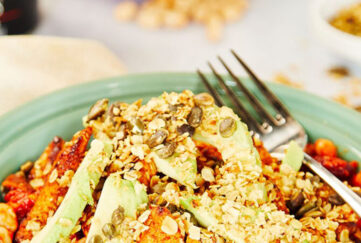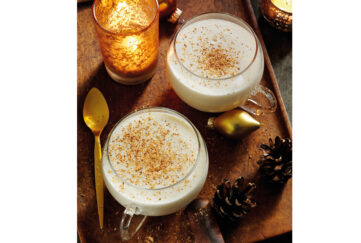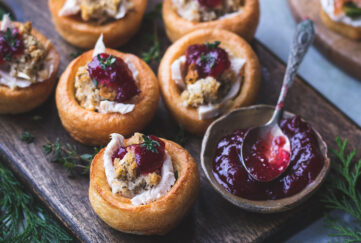5 Handy Tips To Avoid Giving The Gift Of Food Poisoning
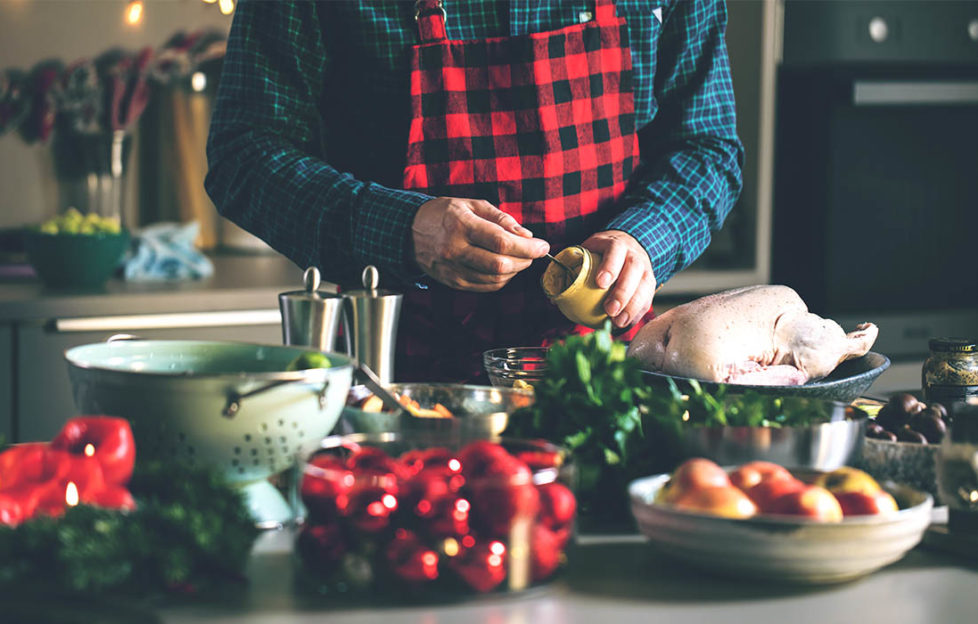
Gary Lyons, managing director of Plastic Box Shop, offers his advice for storing, cooking and reheating your Christmas dinner to help keep food poisoning at bay.
Christmas really is the most wonderful time of the year, not least because of the abundance of home cooked food. There’s nothing more special than friends and family gathering round a table laden with festive treats, a roast turkey in the middle. And there are days of delicious leftovers to follow.
But this is also the season when food poisoning strikes, with more reported cases than any other time in the year (QCS). This can make your loved ones very ill and can certainly put a damper on your celebrations.
So it’s important to stay clued up and not take any risks when it comes to cooking Christmas dinner.
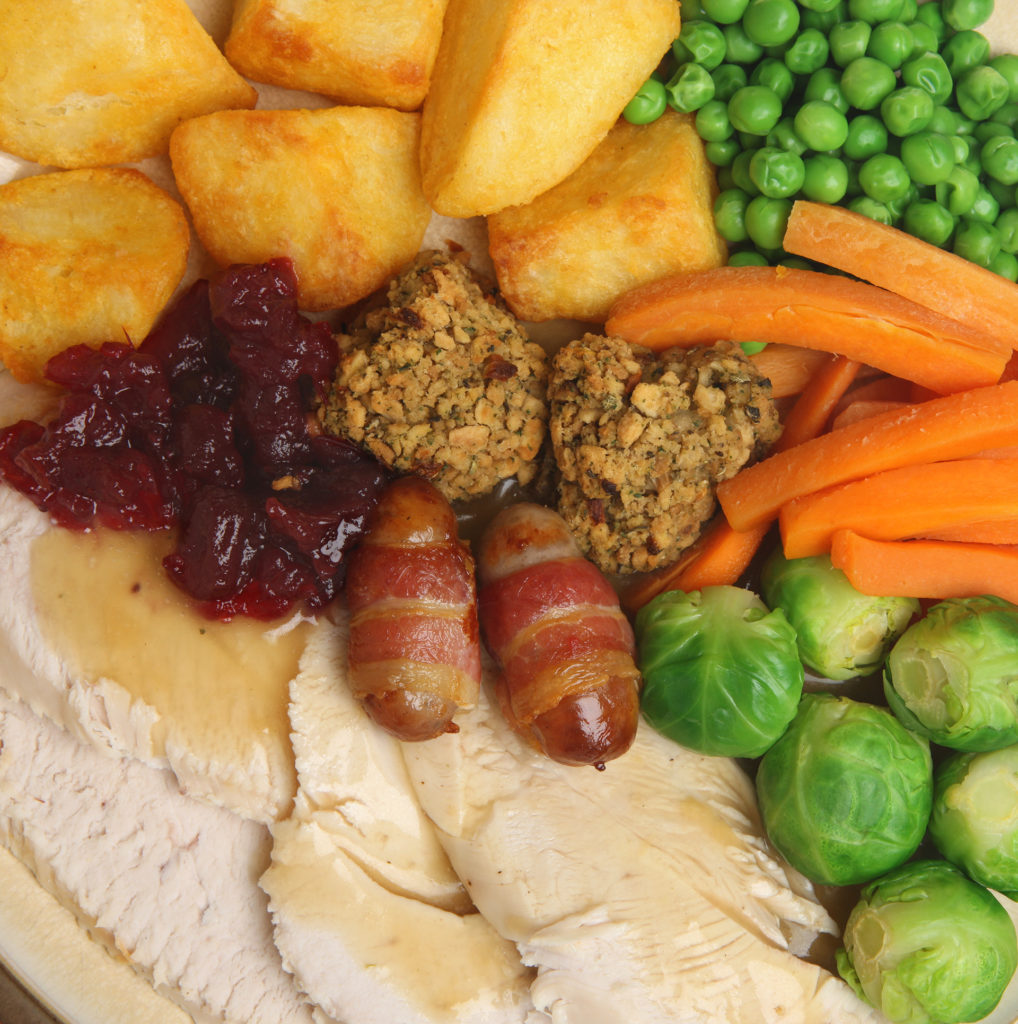
Pic: iStockphoto
I’ll be taking you through the steps you need to take to avoid a food-based mishap this Christmas, whether:
- you don’t cook that often,
- it’s the first time you are trying something new, or
- you just want to make sure you’re doing everything you can to decrease the chance of food poisoning happening in your home.
Understand what causes food poisoning
Spoiled food is one of the main causes of food poisoning, but it’s quite easy to manage. Bacteria can grow quicker than you might think on both fresh and cooked food when you leave it out at room temperature. So pop it in an airtight container and put it in the fridge as soon as it’s cool enough.
- Raw meats, especially poultry, are also incredibly risky when it comes to bacteria. So you need to take extra care to make sure your turkey is cooked properly.
- If it is frozen, don’t cook it until it is fully defrosted in the fridge. This can take several days.
- Always make sure it’s cooked through, with no pink meat all.
- Heavier birds will need longer in the oven. Check the instructions on the label to work out the correct cooking time.
- You can also get food poisoning from cross-contamination, where juices from raw food drip, leak or touch fresh food.
- You must always keep raw and ready-to-eat foods away from each other. Do this as early as in the supermarket, by putting them in separate carrier bags.
- Then, during food prep, have separate utensils and equipment for raw meat. Or clean them thoroughly in hot soapy water before and after you switch between ingredients.
Store different foods correctly
Once you’ve brought your food home, you need to put it away as quickly as possible. Put frozen items in the freezer first, then refrigerated items, then fresh fruits and veg, then tins and packets.
Whether chilled or frozen, always put your raw meats on the bottom shelf of the appliance and store the rest on the shelves above. This will ensure no juices or bacteria can contaminate your fresh food.
If you open the packet but don’t use the whole portion, transfer the remaining meat into a lidded container before putting it back in the fridge.
Some of your chilled items can be frozen, which can come in handy if they are approaching their use-by date and you need a little bit more time.
Not everything is suitable for home freezing, though, so always check the packet before you put anything away in the freezer and follow the instructions when defrosting it.
Keep your fridge, freezer, and cupboards organised
With so many lovely foods coming in and out of your kitchen over the festive period, it can be easy to lose track of what needs to be used up when. Things may get pushed to the back and forgotten about, or you may simply forget how long ago it was you bought a certain foodstuff.
So, it’s important to develop a system to make sure expired food stays out of your Christmas dinner.
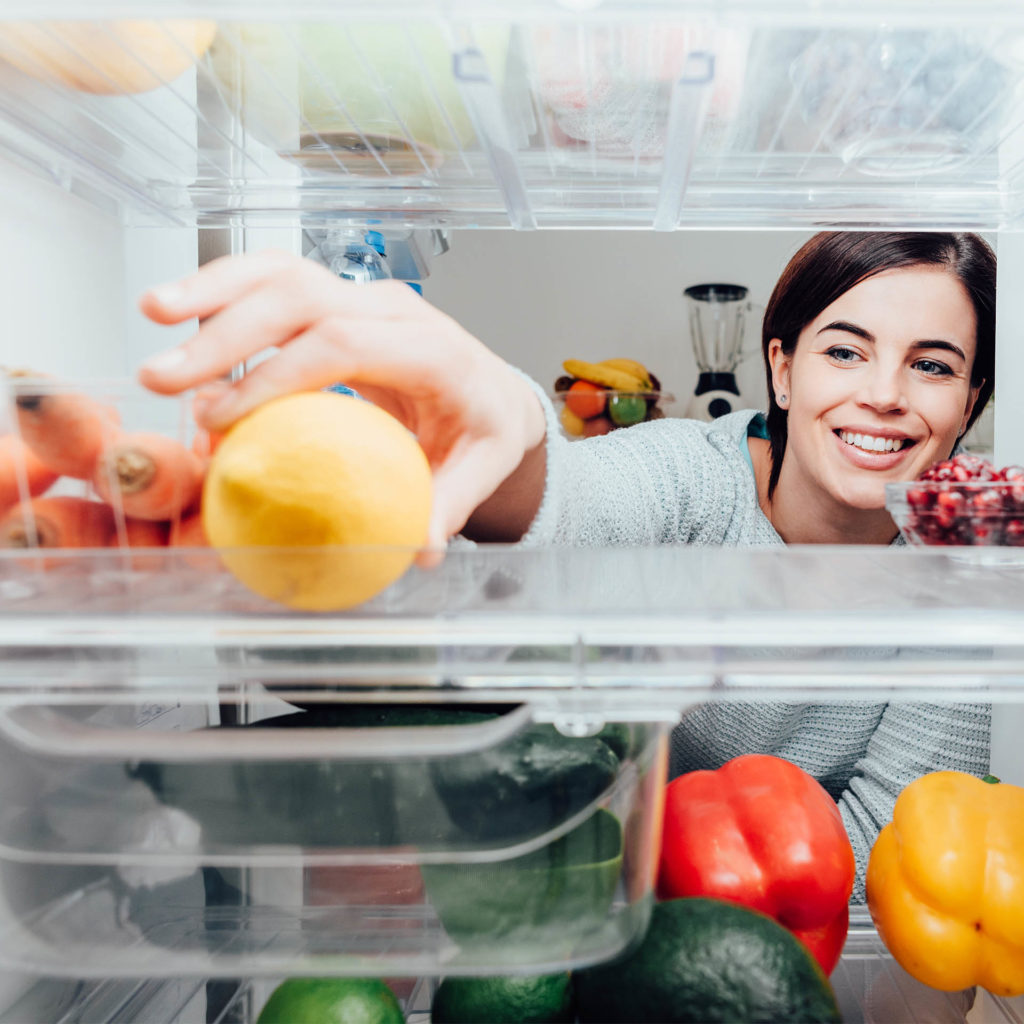
Pic: Shutterstock
You might want to adopt the first in first out (FIFO) method to keep your fridge, freezer, and cupboards organised.
Food with use-by dates that are the furthest away should be stored towards the back of your fridge. Move everything up as the days progress. It may take you slightly longer to put everything away, but it will help you to know which foods need to be eaten first.
Ultimately it will save you from accidentally cooking with out-of-date ingredients.
Try to use eco-recycled food boxes when storing ingredients. The fitted lids will help keep items fresher for longer in the fridge or cupboard, but they’re also better for the environment as they’re made from recycled waste plastic.
Reheat and eat your leftovers safely
After Christmas, many people like to put on a Boxing Day buffet to use up the leftover trimmings and snacks. That way, people can help themselves to what they like and very little goes to waste.
If you’re planning on reheating your leftovers rather than having a cold food buffet, use a thermometer and make sure everything is heated to at least 75°C to get rid of any nasty bacteria that may be growing. Never reheat anything more than once.
Leftover turkey can be chilled and eaten within three days, or frozen to be reused later. Pop it in an airtight container as soon as it’s cool before you put it in your fridge or freezer to keep it from spoiling, and to keep freezer burn at bay.
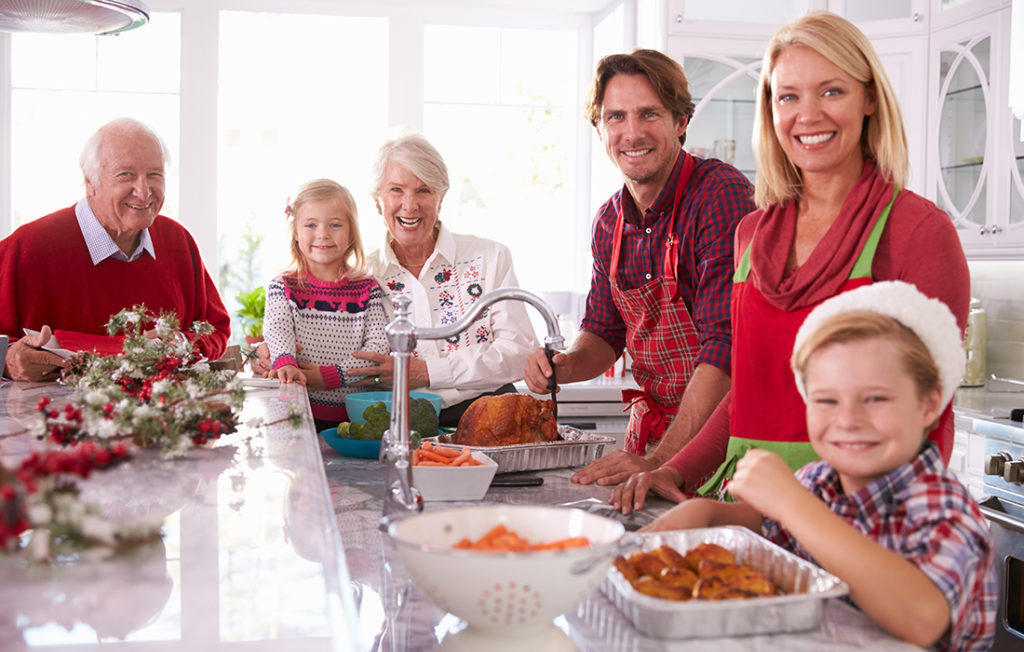
Pic: Shutterstock
Many people choose to cook leftover turkey in a sauce as it can go a bit dry, hence the traditional Boxing Day turkey curry. Simply defrost your turkey in the fridge in a microwave-safe container, if necessary, then pop it in your sauce and heat it through to at least 75°C.
Did you know that your leftover turkey curry can then be frozen too? You can defrost and cook your frozen curry made from leftover roast turkey, as long as you only reheat it once — never refreeze it again once defrosted.
Separate into individual portions before you freeze it and just defrost what you need. That way you can enjoy your turkey curry into the new year. Keep the Christmas magic going that little bit longer!
So, avoid spoiled food, undercooked poultry and cross-contamination. That way you can help protect the health and happiness of your loved ones this festive season. Now all that’s left to do is enjoy that delicious Christmas dinner!

